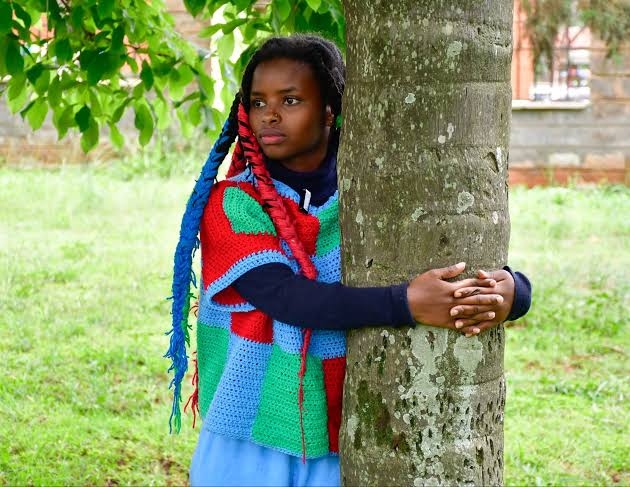Chief Justice Martha Koome has issued directions on how to handle virtual court sessions.
In a Gazette Notice dated January 10, 2024, Koome noted that proceedings before the Supreme Court may be conducted virtually through the use of video and audio conferences.
They may also be done using other electronic communication as the President of the court directs.
Koome is the President of the Supreme Court.
Unless otherwise directed, hearings of applications are to proceed by way of written submissions.
If the proceedings are to be conducted virtually, the Registrar is expected to provide a video or audio conference link to the parties through email or other electronic means at least three days before the given date.
Koome directed that in the above cases, each party must ensure that its electronic equipment; computer or phone, and internet connection is of quality throughout the session.
If a party is unable to get the necessary equipment or internet access, it is to inform the Registrar at least two days before the hearing.
Then, the Register is expected to make necessary arrangements to provide the necessary equipment and internet access, within the court.
"Each party must ensure that the video and audio conference hearing is conducted with the same decorum and respected as a physical hearing," Koome added.
She emphasised that all participants in virtual court proceedings ought to retain etiquette.
This includes all advocates and parties joining the video or audio conference at least 15 minutes before the time the court session is to begin.
"During virtual proceedings, inappropriate profiles or background photos shall not be used. Failure of which may lead to denial of audience before the court or removal from the virtual session, " Koome said.
She stated that all advocates appearing during a virtual session should be properly robbed or they risk being denied an audience.
The advocates and parties who go to court in person should be audible and visible during the virtual sessions.
They should also log into the conference using their names as they appear in their pleadings and where applicable, the names of their law firms.
The parties are encouraged to use their prefixes; Ms, Mrs, Mr ...
"All advocates should ensure that they work from a decent background and from surroundings that are not noisy," Koome directed.
All cameras should be on during video conferences and all microphones should be muted unless one is called to address the court.
Further, the Chief Justice said to minimize and avoid distractions in court, those who appear in person are expected to raise their hands using the icon In case they need to speak or raise an objection.
Those in court physically are directed to be time conscious as time allocated is not to be extended unless the President of the Court says so.
Once the conference is declared over by the President of the Court or the Presiding Judge, the judges in the case will disconnect first.
"All participants must at all times act with utmost good faith, decorum and etiquette during virtual sessions," Koome reiterated.
She further stated that all proceedings in a virtual session should be recorded by the court and the same will be with leave of the court.
The certified transcripts of virtual sessions will constitute the official court record.
" Certified true copies of the transcripts of the virtual sessions shall be made available upon request and on payment of the relevant fees."
Once rulings or judgments are ready, the Registrar should notify the parties and the same can be delivered virtually or if they appeared in person, true copies are forwarded to them.
Koome warned that failure to adhere to the directions will results in penalties including citation for contempt of court, payment of fines, costs and adjournment fees.
The court may also impose other sanctions in its discretion.
The above practice directions will come into force on a date to be determined by the CJ.
"The Chief Justice and the President of the Court may amend these practice directions from time to time," Koome concluded.

















